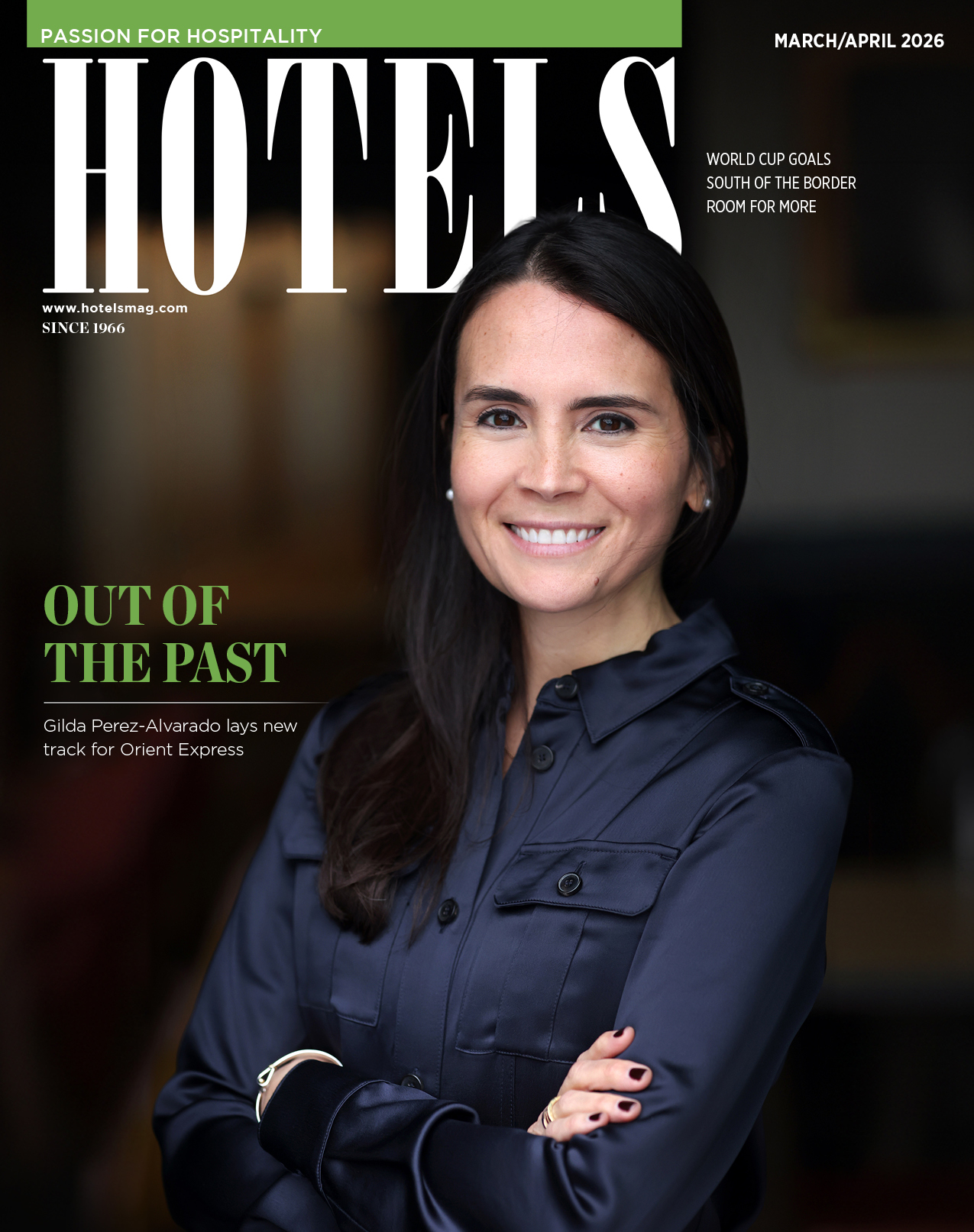News
Asset-light only works if someone else owns the asset. And that’s the concern.
Sometimes, it’s the most obvious thing that is overlooked. For all the talk in the hotel industry around asset-light this and asset-light that, there is the other side: somebody has…



